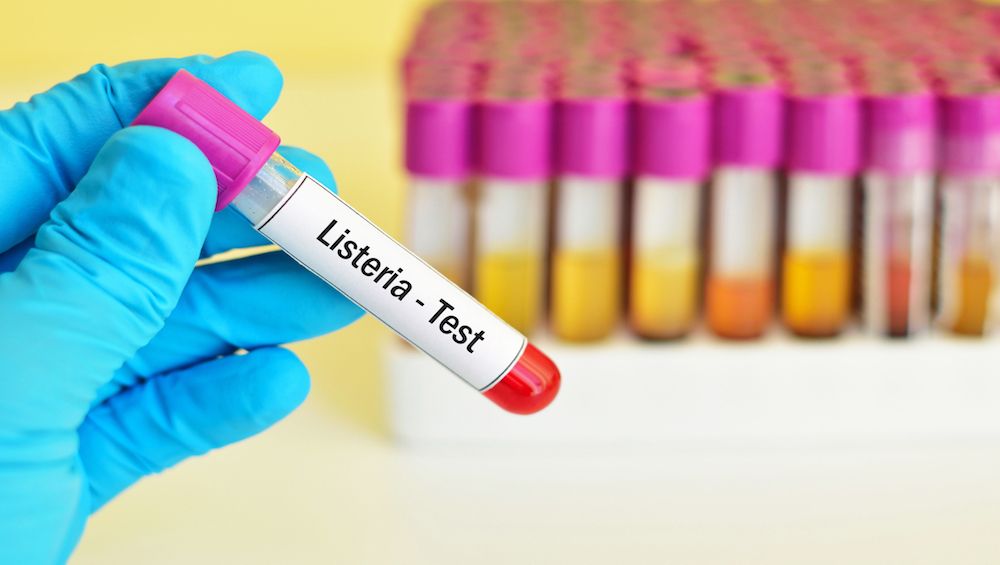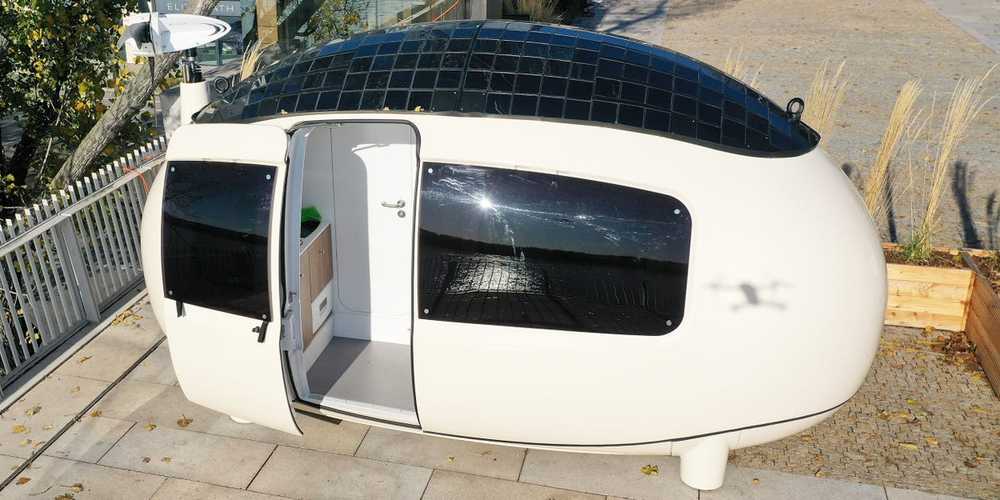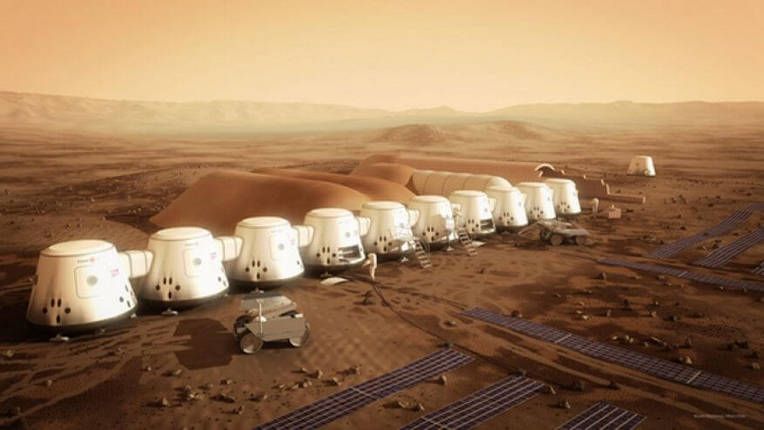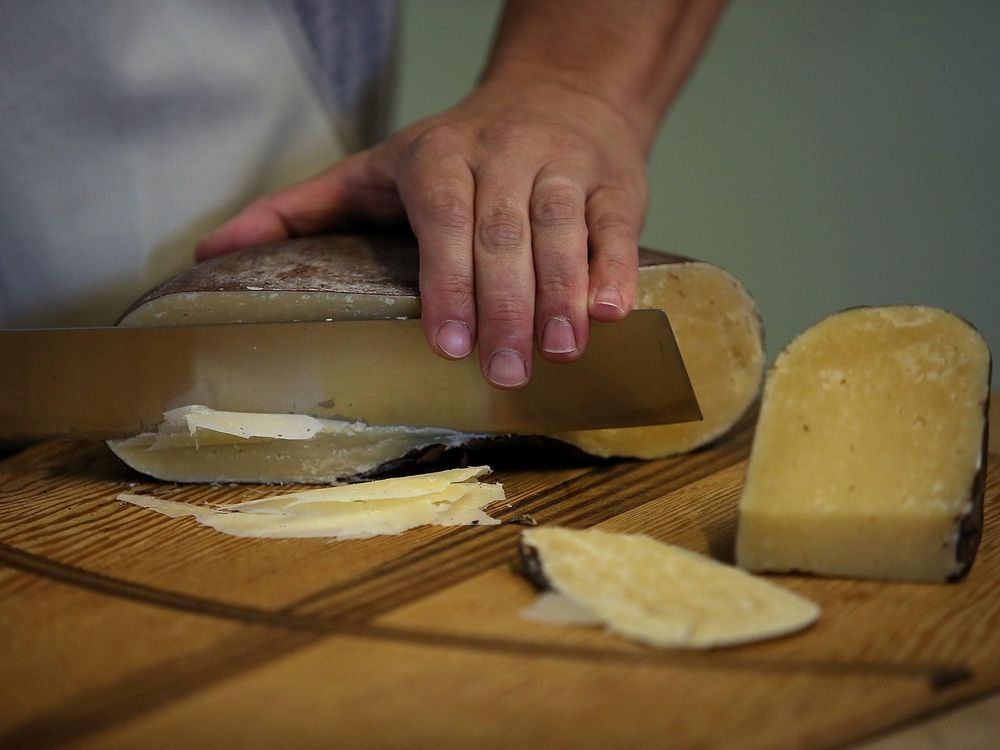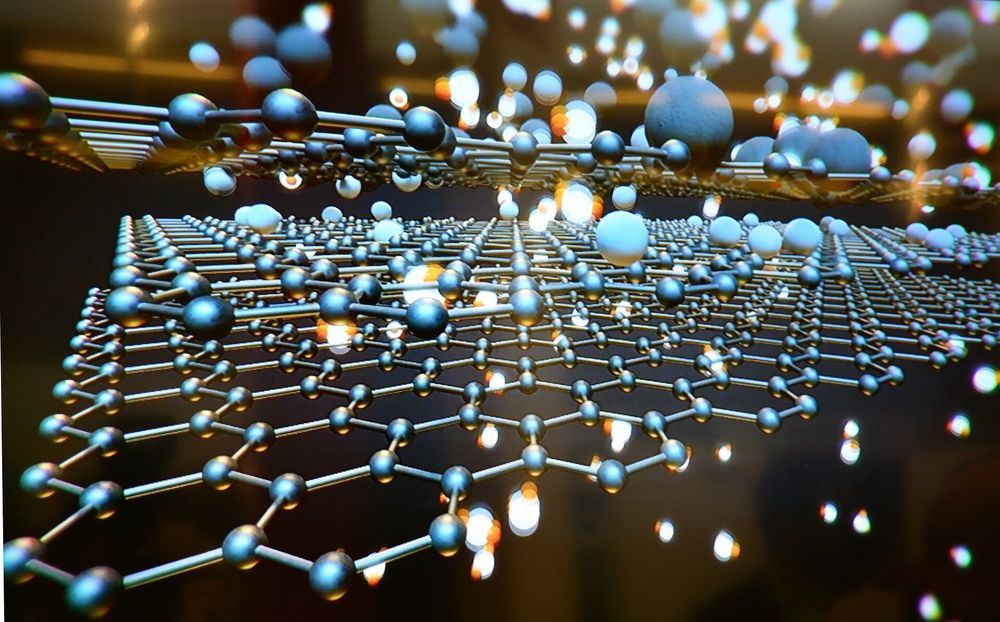Color is a foundational aspect of visual experience that aids in segmenting objects, identifying food sources, and signaling emotions. Intuitively, it feels that we are immersed in a colorful world that extends to the farthest limits of our periphery. How accurate is our intuition? Here, we used gaze-contingent rendering in immersive VR to reveal the limits of color awareness during naturalistic viewing. Observers explored 360° real-world environments, which we altered so that only the regions where observers looked were in color, while their periphery was black-and-white. Overall, we found that observers routinely failed to notice when color vanished from the majority of their visual world. These results show that our intuitive sense of a rich, colorful world is largely incorrect.
Color ignites visual experience, imbuing the world with meaning, emotion, and richness. As soon as an observer opens their eyes, they have the immediate impression of a rich, colorful experience that encompasses their entire visual world. Here, we show that this impression is surprisingly inaccurate. We used head-mounted virtual reality (VR) to place observers in immersive, dynamic real-world environments, which they naturally explored via saccades and head turns. Meanwhile, we monitored their gaze with in-headset eye tracking and then systematically altered the visual environments such that only the parts of the scene they were looking at were presented in color and the rest of the scene (i.e., the visual periphery) was entirely desaturated. We found that observers were often completely unaware of these drastic alterations to their visual world. In the most extreme case, almost a third of observers failed to notice when less than 5% of the visual display was presented in color.
